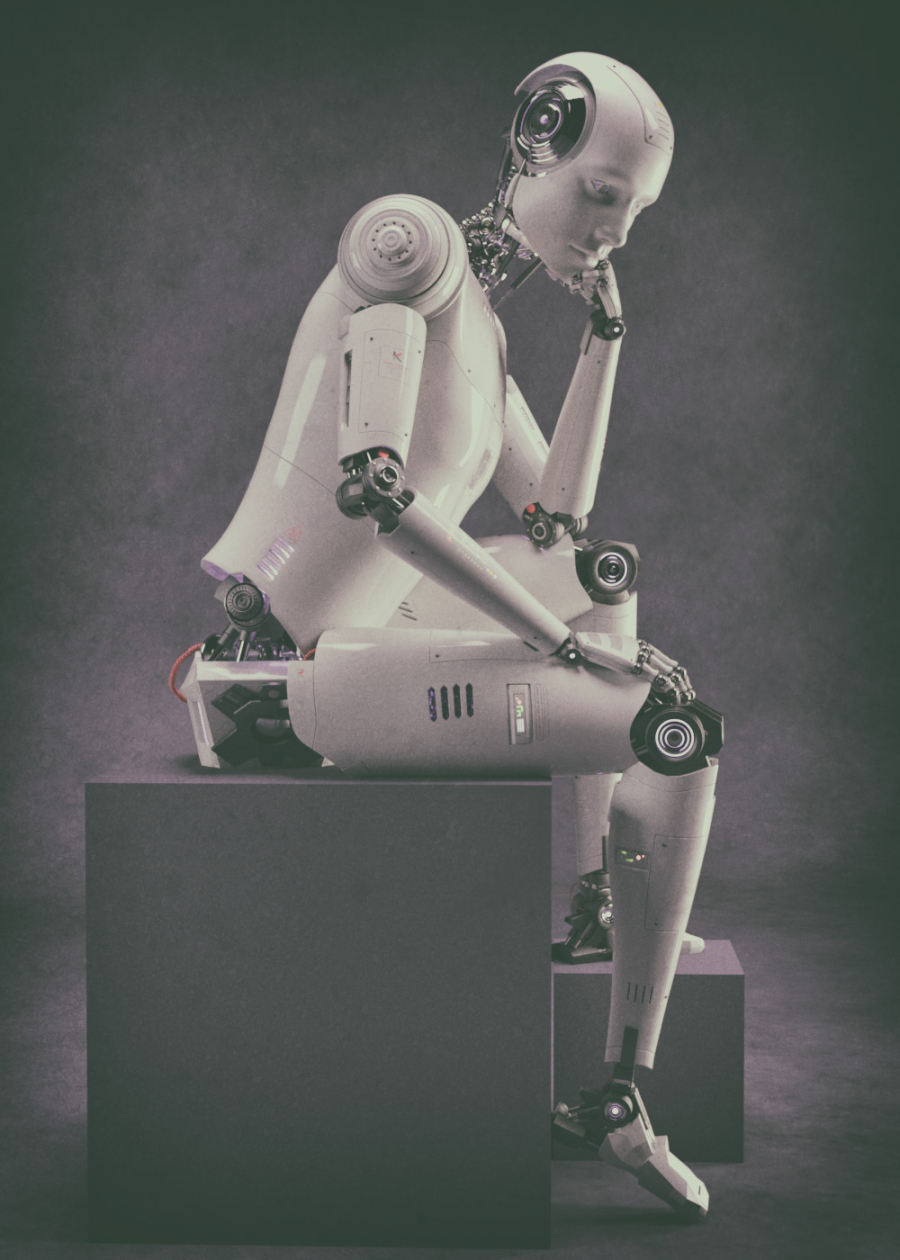Artificial Intelligence
Introduction
Artificial Intelligence (AI) is a hot topic that has gained popularity in recent years. The technology has significantly impacted our daily lives and has enabled us to perform tasks efficiently. AI refers to the development of intelligent machines that can perform tasks typically requiring human intervention. With the exponential growth of AI technology, the world is experiencing a revolutionary change in various fields such as healthcare, finance, education, and the military. This article discusses the current state of AI technology, its applications, benefits, and concerns.
Understanding Artificial Intelligence
Artificial Intelligence refers to the development of machines that can perform tasks that typically require a human being's intervention. It is a technology that imitates human intelligence and abilities such as reasoning, problem-solving, perception, and learning. AI can be broadly classified into two categories: narrow or weak AI and general or strong AI.
Narrow AI (Artificial Narrow Intelligence or ANI) refers to the development of machines or systems that can perform specified tasks. These systems have no capacity to learn beyond their programming, and they depend on data and algorithms to learn. One of the most widely used examples of narrow AI is voice recognition in smartphones.
General AI (Artificial General Intelligence or AGI) is a hypothetical type of AI that refers to the development of machines capable of performing tasks across the cognitive spectrum, just like humans. AGI machines would have the capacity to recognize patterns, comprehend, analyze, and improve tasks. However, the technology is not yet developed.
Applications of Artificial Intelligence
There have been significant developments in AI technology in recent years. The technology has been widely adopted in various fields such as healthcare, finance, agriculture, manufacturing, and many others. The following are some of the most common applications:
1. Healthcare: AI technology is being used to develop intelligent systems that can diagnose illnesses, predict patient outcomes, and assist in the development of personalized medical treatments.
2. Finance: AI is used to analyze financial data, monitor transactions, and detect fraudulent activities.
3. Customer Service: AI technology is widely used in customer service platforms that use chatbots to identify customer needs and concerns.
4. Manufacturing: AI is used to improve production efficiency, quality, and safety.
5. Agriculture: AI is used in various applications such as predicting weather patterns, crop monitoring, and pest detection.
Benefits of Artificial Intelligence
There are several benefits of AI technology. Some of the most significant benefits are as follows:
1. Efficiency: AI helps in automating tasks that were previously done by people, which creates efficiency and cost savings.
2. Accuracy: AI systems can analyze vast amounts of data to make more accurate predictions, reducing human error.
3. Improved Diagnosis and Treatment: AI is being used to develop personalized treatments, leading to better patient outcomes.
4. Increased Productivity: AI-driven systems can tackle tasks with high levels of accuracy, leaving people free to focus on high-level tasks.
5. Cost Savings: AI can help businesses and governments save on labor costs and overhead costs.
Concerns About Artificial Intelligence
As with any powerful technology, there are concerns about the impact of AI. The following are some of the concerns that have been raised:
1. Job Displacement: AI can replace humans in several tasks, leading to job insecurity for many people.
2. Bias: AI systems can often incorporate the biases of their developers, leading to discriminatory outcomes.
3. Security and Privacy: The implementation of AI systems can lead to increased security risks, posing a risk to personal and sensitive information.
4. Dependence: Excessive dependence on AI can lead to the deterioration of human cognitive faculties, leading to a lack of critical thinking and problem-solving skills.
Conclusion
Artificial Intelligence is a rapidly evolving technology that has created significant benefits for various industries. However, there are also concerns about the impact of AI on society and their negative effects. The development of AI must be accompanied by a consistent regulatory framework, focusing on ethical considerations and representing all stakeholders. As a society, we must ensure that developments in AI technology are inclusive and serve the needs of all people.








Comments (0)